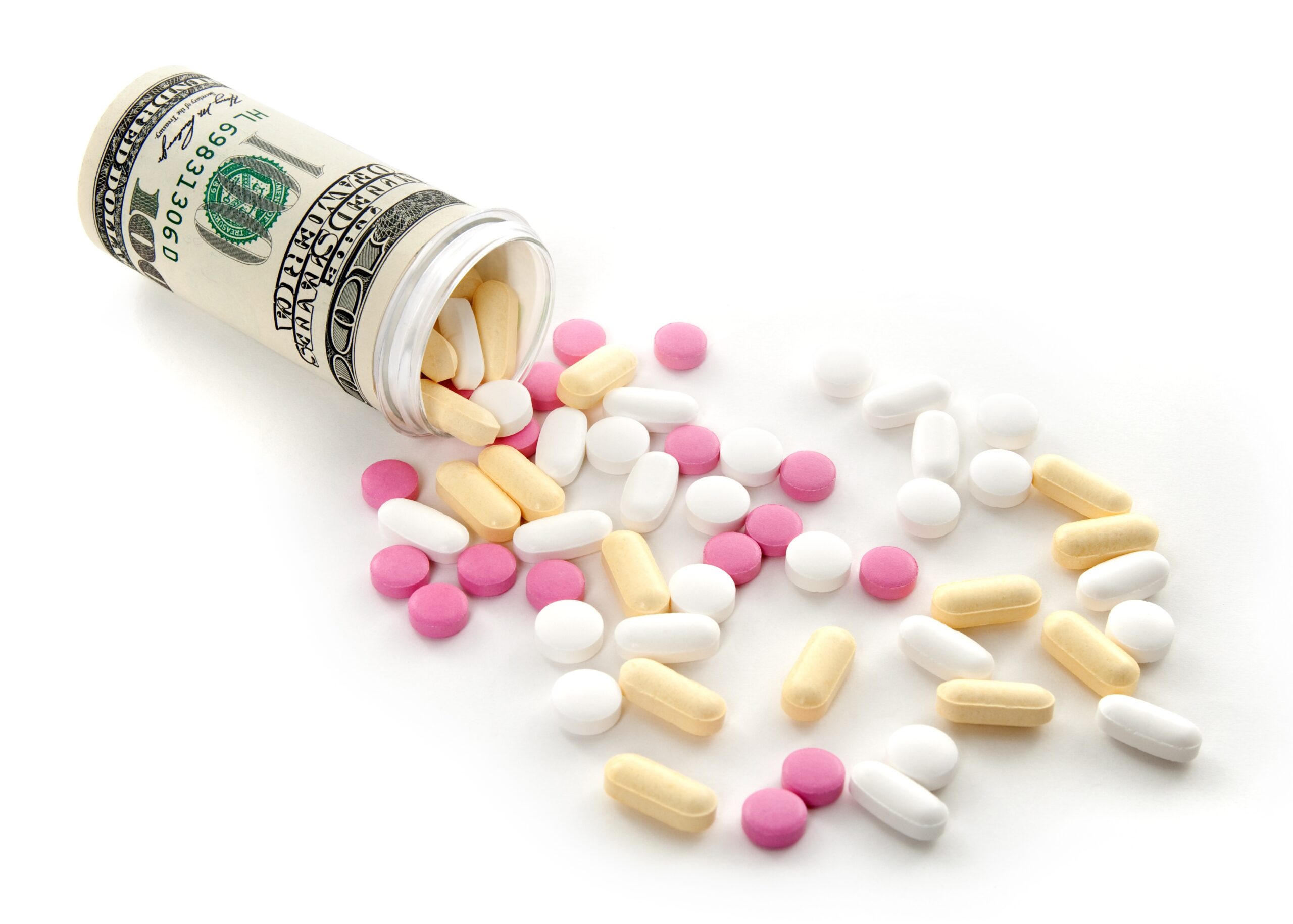New research suggests drug coupons drive up costs for all patients

Coupons and discount cards lead consumers to believe they can save money on prescription drugs. But new research suggests that co-payment coupons can actually increase total health care spending by encouraging patients to choose more expensive drugs when lower-priced substitutes are available.
High costs then bounce back to all patients in the form of higher insurance premiums, the New York Times reports.
The negative effects of drug coupons have been suspected, but the new research measures the effect.
A team from Harvard, Northwestern and the University of California, Los Angeles looked at brand-name drugs that had generic equivalents. Their findings: When drug companies offered a coupon for the brand-name version of a drug, more patients stuck with the more expensive brand-name, and the drug company raised prices on those drugs faster than it did for drugs that didn’t have a coupon.
“These are wolves in sheep’s clothing,” professor Leemore Dafny at Harvard Business School and a co-author of the research, published in the New England Journal of Medicine, told the Times. “These efforts to help consumers bear the cost of their drugs are actually driving higher spending without commensurate health benefits.”
To learn more about what drives up the cost of prescription medications, check out the “High RX Costs” issues page on the Voices for Affordable Health website. Be sure to sign up for email updates.